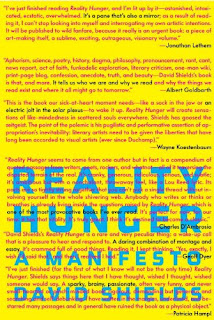
In my former life as a journalist, we had a saying: Gathering string. It meant going out and collecting unconnected facts and figures that led to other facts and figures that led to others, and still others ... all of which would lead to something more, a story that revealed something new or captured an interesting slice of life.
We accumulated. We hoarded our bits of string and twigs for the future, collecting more than we knew we would really need.
Then one day, we decided we had gathered enough. It was time to turn that string into a story.
But what if the string we sought could not be found, no matter how hard we searched? What if the facts and figures were wiped away by death, silence, forgetting?
In her 2006 memoir A Family of Strangers, the late Deborah Tall pulled off the seemingly impossible. She tracked down every piece of string she could, found that it barely fit inside a thimble ... and made it sing anyway. And what of the material not available to her, the material irretrievably lost? She turned those into the gaps that held the book together.


